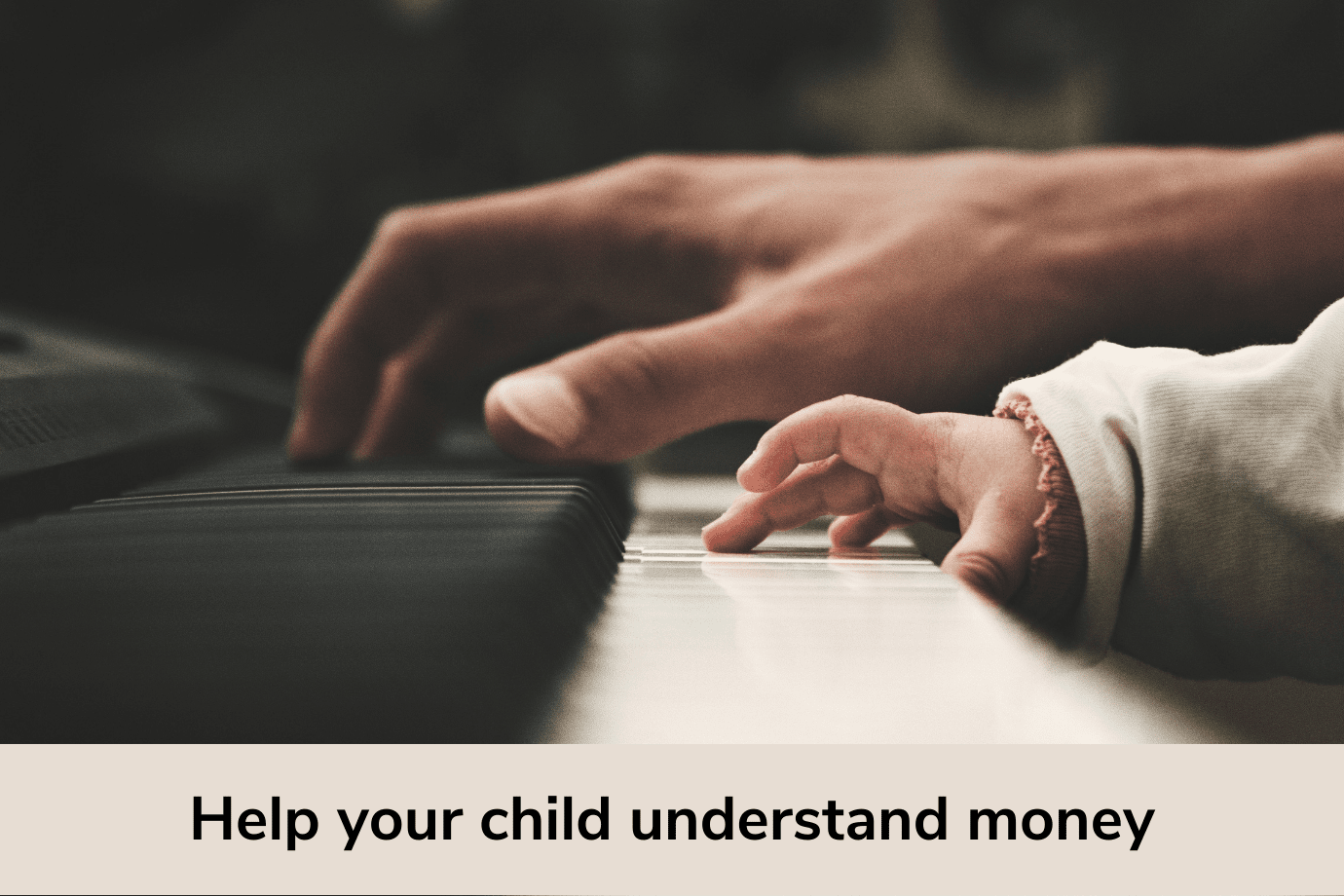Did you know that kids as young as seven can learn about the importance of money, saving for the future, and making wise choices? The University of Cambridge says that the lessons kids learn about money when they’re young can shape how they handle finances as adults.
It’s crucial for kids to know that things like toys, games, and even services like electricity and water aren’t free. Teaching them about money and budgeting doesn’t have to be hard. You can make it fun by finding ways to talk about money in your daily life.
Idea 1: Needs vs Wants
Teaching kids about “Needs vs Wants” is a great way to help them understand what money is for. Take pictures of things in your home and ask your child if they are things they need or things they want. This will help them make smarter money decisions as they grow up. You can also talk to them about hidden costs like electricity and water bills, and ask for their help in finding ways to save money.
Try having a “no spending” day and encourage delayed gratification by explaining why you’re waiting to buy something. By involving your kids in these conversations, you can help them develop healthy money habits for life.
Idea 2: Being grateful for what you have
Teaching your child to be grateful for what they have is important. Ask your child to imagine another child their age who doesn’t have as much as they do. This can help them understand how lucky they are and appreciate what they have. Talking about poverty with kids may seem hard, but it can help raise awareness and understanding. Use this as an opportunity to teach your child about the value of hard work and earning a good life. By teaching your child to be grateful and work hard, you can help set them up for a successful and fulfilling life.
Idea 3: Creating ‘Smart Spenders’
Taking your child shopping can be a great opportunity to teach them about money. When you use your credit or debit card, explain that the money still comes out of your bank account. While shopping, you can also talk about different aspects of spending money. For example, you can discuss whether more expensive products are always better quality, how much groceries you really need, and why it’s important to check your bill and returned money before leaving the counter. By having these conversations, you can help your child make smart spending decisions and develop good money habits.
—–
In short, the way you talk to your child about money and the things they see you do with money in your daily life can help them become financially responsible and have a healthy relationship with money.
Hope this helps.




